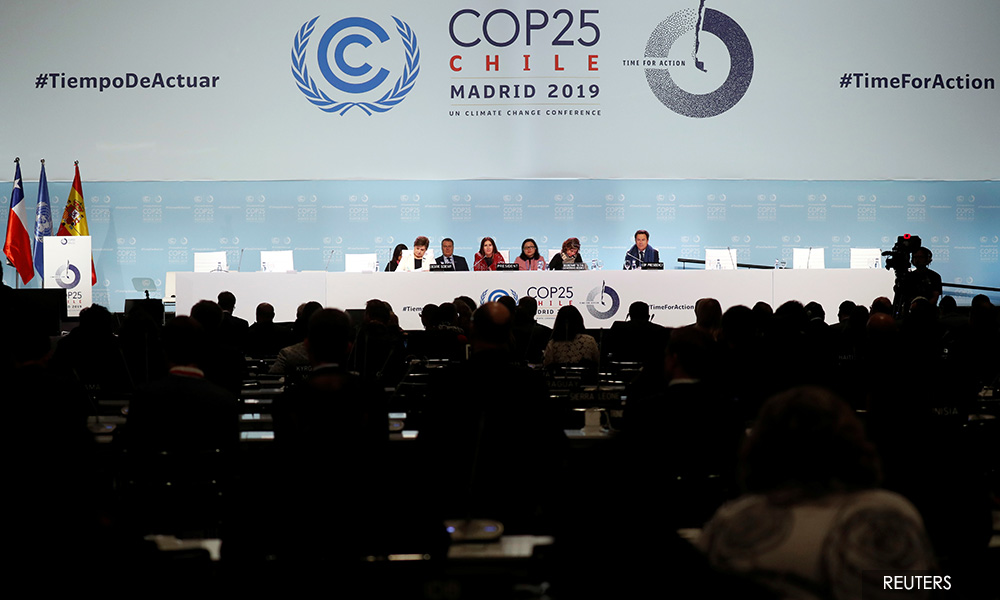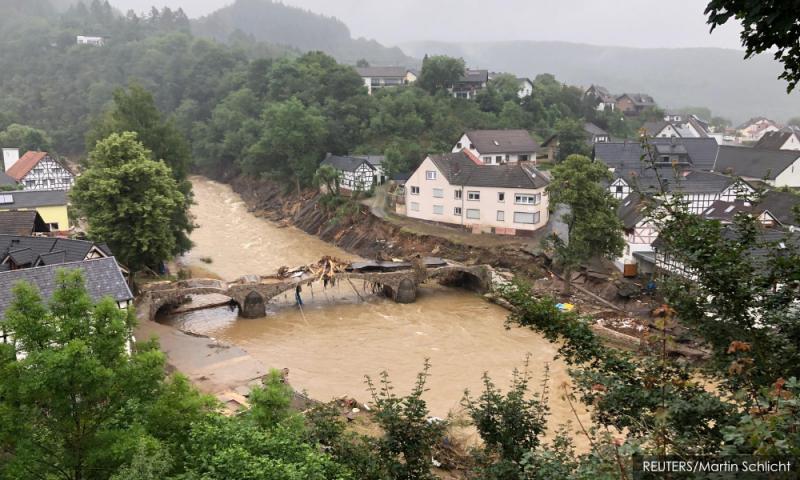The views expressed here are those of the author/contributor and do not necessarily represent the views of Malaysiakini.
LETTER | Success at COP26 requires urgent action, not false promises
LETTER | Sahabat Alam Malaysia (SAM) refers to the letter by the British High Commissioner to Malaysia, Charles Hay, published on 24 Aug, entitled “Working together on climate crisis”.
We agree with the ambassador that governments “can only rise to the challenge of the climate crisis by working together and through a commitment to a genuine global transformation”.
However, having been actively engaged in the UN Framework Convention on Climate Change (UNFCCC) process, all we have witnessed is a history of broken promises by developed countries, and the shifting of goalposts from decisions that have been agreed to previously.
Far from showing real leadership with deep emission cuts urgently, we see pledges of net zero by 2050, including by the UK, which are very distant targets that will not limit temperature rise below 1.5°C from pre-industrial levels.
The Intergovernmental Panel on Climate Change (IPCC)'s Special Report on the 1.5°C warming estimated that the remaining carbon budget from 2018 onwards is only about 480 gigatonnes of carbon dioxide equivalent (GtCO2eq) for a 50 percent probability of restricting temperature rise to less than 1.5°C.
With the current rate of emissions around 42 GtCO2 per year, in around 12 years, this budget would already be exhausted. We do not have any more time and luxury to set distant net-zero targets, especially for developed countries who have already overused their quota of carbon space with their historical and current emissions.
The net-zero mantra allows developed countries to get away with targets that amount to doing too-little-too-late and passes on the responsibility to developing countries to do the heavy lifting.
Developed countries have to get to real zero as soon as possible!
The Paris Agreement’s call for a balance between emissions and removal by sinks by 2050, is on the basis of equity and in the context of sustainable development and efforts to eradicate poverty. This is a global aspiration and is not a country-wise prescription.
Developed countries have failed to honour their emissions reduction commitments agreed to previously. According to the UNFCCC Secretariat, developed countries on aggregate had achieved only 13 percent emissions reductions between 1990 to 2018, when what was promised was to revise targets from 18 percent by 2020 to at least 25 to 40 percent.

Countries in Western Europe plus the United States, Japan, Australia, New Zealand, and Canada have not managed to reduce their aggregate emissions between 1990 and 2020. Instead, their aggregate emissions actually increased.
On top of this, developed countries have failed to deliver on the climate finance promise of the mobilisation of US$100 billion per year by 2020 which was agreed to in 2010. In 2015 in Paris, the goal post for realising this finance target was shifted to 2025.
If genuine transformation is to be achieved, then the scale of the finance needed is indeed immense, but if there is a political will to address it, this is achievable.
The International Renewable Energy Agency for instance has said that limiting temperature rise to well below 2°C requires $110 trillion of cumulative worldwide investment in the energy sector until 2050. This amounts to about two percent of average global GDP and includes the entire world but is only for the energy sector alone. For a 1.5-degree limit, much more would be needed.
In relation to adaptation, estimates by the UN Environment Programme (UNEP) show that adaptation costs in developing countries are in the range of $140 billion to $300 billion per year by 2030 and $280 billion to $500 billion annually by 2050.
These numbers are not insurmountable, given the experience of developed countries, who, according to a McKenzie study, were able to deploy $10 trillion in just the first two months in response to the Covid-19 pandemic, which is three times more than the response to the 2008-2009 financial crisis!
So the issue is not about there being not enough finance but is about whether there is a political will to provide what is needed for the transformation needed.
The most recent report of the IPCC on ‘Physical Science’ has been heralded as yet another wake-up call and a code red for humanity and the Earth’s future.
Given the track record of developed countries, there is a real danger that the UN Climate Change Conference (COP26) will see more theatrics being played, to give the illusion that the world is on track to limit temperature rise.
It can be expected that at COP26, more promises will be made by rich countries that there will be increased money coming if more countries get on board with long-term net-zero targets, and agree to the rules for carbon markets, with their offset mechanisms, which will create further loopholes and undermine environment integrity.
Then, Glasgow would be declared a so-called ‘successful’ COP, but not all of us will be applauding, as we are able to see through the false solutions of net-zero and carbon markets.
This is not transformation but an illusion, that we are on track to save our planet and preserve it for future generations.
MEENAKSHI RAMAN is president of environmental NGO Sahabat Alam Malaysia.
RM12.50 / month
- Unlimited access to award-winning journalism
- Comment and share your opinions on all our articles
- Gift interesting stories to your friends
- Tax deductable
